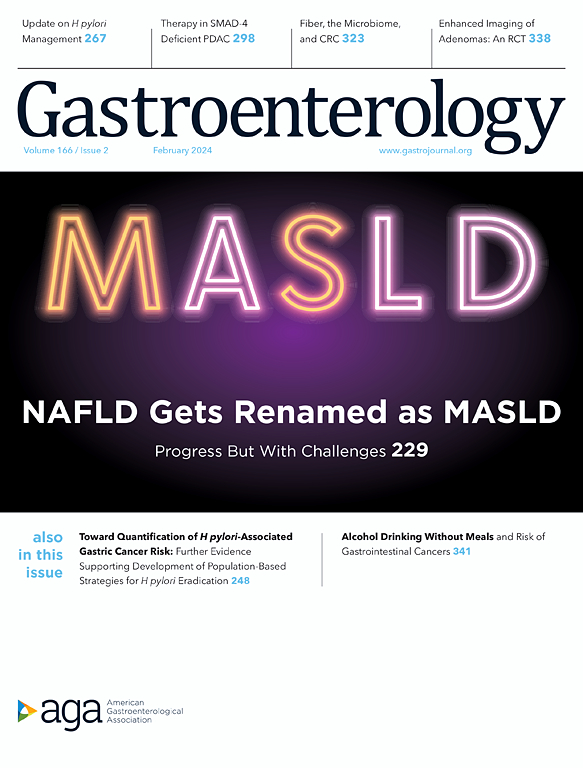临床医生、学术界和工业界在人工智能时代的协同作用
IF 25.7
1区 医学
Q1 GASTROENTEROLOGY & HEPATOLOGY
引用次数: 0
摘要
在快速发展的胃肠道医疗领域,人工智能(AI)的集成为增强患者治疗效果、提高效率和推动创新提供了前所未有的机会。临床医生、学术界和产业界之间的有效合作对于充分利用人工智能技术的潜力至关重要。临床医生从现实世界的实践中提供宝贵的见解,确保人工智能解决方案满足真正的临床需求并改善患者护理。学术界在推进研究、开发新方法和培养下一代专业人士方面发挥着关键作用,这些专业人士将驾驭这一变革领域。工业推动人工智能工具的商业化,为广泛采用提供必要的资源和基础设施。实现这些协同效应具有挑战性。必须解决包括数据隐私、监管障碍和跨学科沟通在内的问题,以促进有效的伙伴关系。通过采用包括公私伙伴关系、临床试验和创新中心在内的协作模式,利益相关者可以共同努力,克服障碍,促进胃肠病学领域负责任的人工智能整合。本文章由计算机程序翻译,如有差异,请以英文原文为准。
Synergies between Clinicians, Academia and Industry in the Age of AI
In the rapidly evolving landscape of GI healthcare, the integration of artificial intelligence (AI) presents unprecedented opportunities for enhancing patient outcomes, improving efficiency, and driving innovation. Effective collaboration among clinicians, academia, and industry is crucial to harness the full potential of AI technologies.Clinicians offer invaluable insights from real-world practice, ensuring that AI solutions address genuine clinical needs and improve patient care. Academia plays a pivotal role in advancing research, developing new methodologies, and training the next generation of professionals who will navigate this transformative field. Industry drives the commercialization of AI tools, providing the resources and infrastructure necessary for widespread adoption.Achieving these synergies is challenging. Issues including data privacy, regulatory hurdles, and interdisciplinary communication must be addressed to foster effective partnerships. By embracing collaborative models, including public-private partnerships, clinical trials, and innovation hubs, stakeholders can work together to overcome barriers and promote responsible AI integration in gastroenterology.
求助全文
通过发布文献求助,成功后即可免费获取论文全文。
去求助
来源期刊

Gastroenterology
医学-胃肠肝病学
CiteScore
45.60
自引率
2.40%
发文量
4366
审稿时长
26 days
期刊介绍:
Gastroenterology is the most prominent journal in the field of gastrointestinal disease. It is the flagship journal of the American Gastroenterological Association and delivers authoritative coverage of clinical, translational, and basic studies of all aspects of the digestive system, including the liver and pancreas, as well as nutrition.
Some regular features of Gastroenterology include original research studies by leading authorities, comprehensive reviews and perspectives on important topics in adult and pediatric gastroenterology and hepatology. The journal also includes features such as editorials, correspondence, and commentaries, as well as special sections like "Mentoring, Education and Training Corner," "Diversity, Equity and Inclusion in GI," "Gastro Digest," "Gastro Curbside Consult," and "Gastro Grand Rounds."
Gastroenterology also provides digital media materials such as videos and "GI Rapid Reel" animations. It is abstracted and indexed in various databases including Scopus, Biological Abstracts, Current Contents, Embase, Nutrition Abstracts, Chemical Abstracts, Current Awareness in Biological Sciences, PubMed/Medline, and the Science Citation Index.
 求助内容:
求助内容: 应助结果提醒方式:
应助结果提醒方式:


